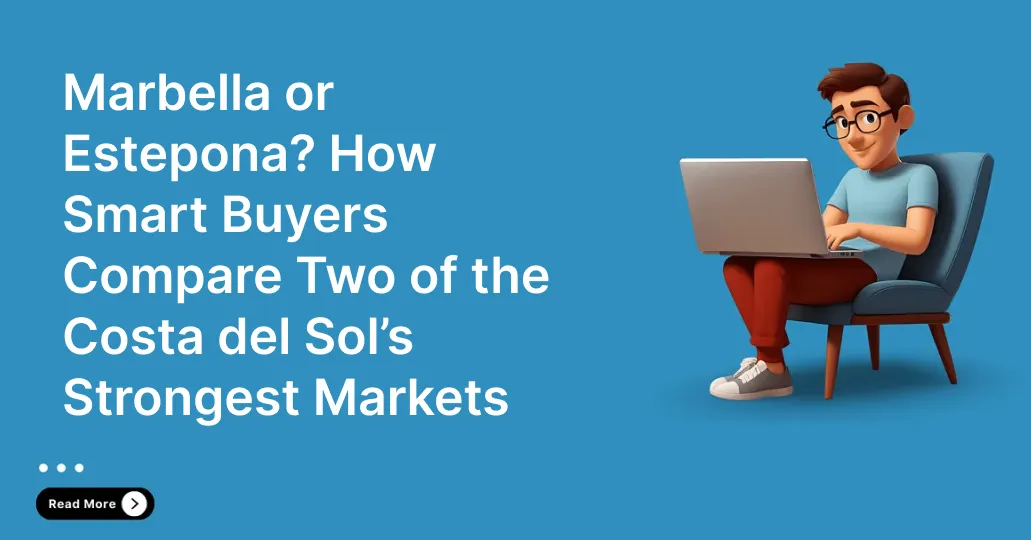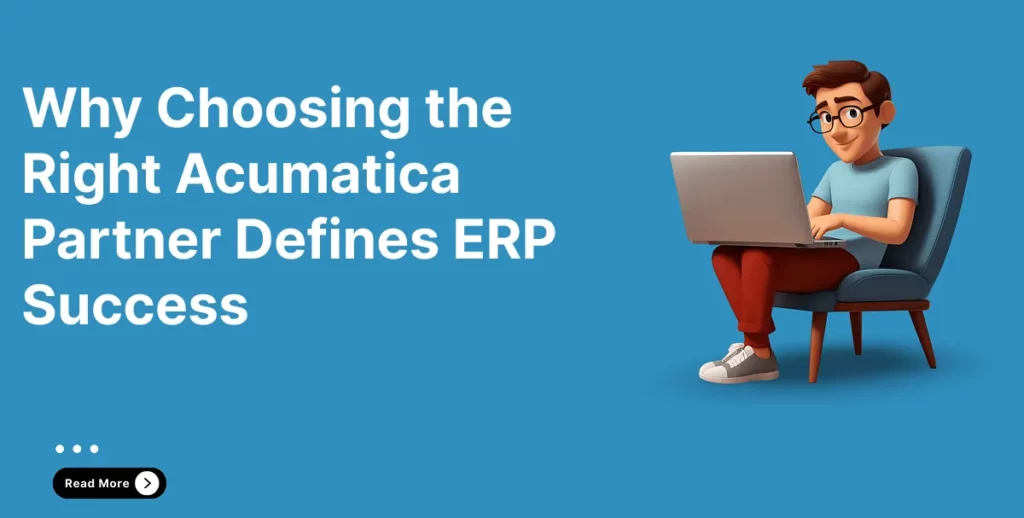

Enterprise Resource Planning (ERP) systems are the backbone of modern business operations. They unify data, streamline workflows, and help leaders make better decisions across departments. But while choosing the right ERP platform is critical, it’s only half of the equation. The other half lies in selecting the right partner to implement, customize, and continuously improve that platform over time.
For organizations in finance, real estate, and other data-driven industries, the choice of partner often determines whether ERP becomes a driver of growth, or a costly, underutilized tool.
ERP software like Acumatica is powerful but complex. Its strength lies in flexibility: modules can be adapted, integrated, and extended to fit countless use cases. Yet that same flexibility means implementation is not always straightforward. Businesses often struggle to match software to their unique processes without expert guidance.
This is where an Acumatica partner makes the difference. The right partner ensures your system is configured correctly, aligned with strategic goals, and scalable for future growth. They don’t just “install software”, they help shape the ERP into a long-term asset.
The first test of any ERP partnership is implementation. A thoughtful, well-planned rollout sets the stage for years of success. A strong partner takes time to understand business priorities, maps out the most efficient way to configure the system, and works closely with stakeholders to minimize disruption.
When implementation is handled poorly, the costs ripple outward: missed deadlines, user frustration, and features that go unused. By contrast, a skilled partner guides teams step by step, balancing technical precision with clear communication. That upfront investment ensures employees actually adopt the system, and the business begins seeing ROI sooner.
Unlike traditional software that might remain static for years, ERP systems should evolve as the business evolves. A good partner doesn’t disappear after go-live; they remain engaged, helping companies adjust as new needs emerge.
This might include:
Over time, these improvements transform ERP from a back-office tool into a platform for innovation.
Technical skill is important, but industry expertise is what separates a capable partner from an exceptional one. Real estate firms, for example, require flexible tools for managing leases, billing tenants, and staying compliant with local regulations. Financial services organizations often face intense scrutiny around reporting and data governance.
A partner familiar with these nuances can tailor the ERP to fit industry-specific needs without unnecessary customization. They already understand the challenges, the compliance pressures, and the workflows that matter most. That knowledge allows them to recommend solutions that deliver value quickly.
Some companies underestimate the importance of the partner relationship. They may select the lowest bidder without considering long-term capability, or they may focus only on technical expertise without evaluating collaboration and communication. Others assume the ERP journey ends at implementation, only to find their system outdated within a few years.
To avoid those missteps, organizations should look beyond cost and ask questions such as:
The answers reveal whether a partner is prepared to deliver sustained value.
Successful partnerships thrive on collaboration. The best partners involve clients in discovery sessions, listen closely to business pain points, and maintain open communication throughout projects. They are proactive in raising concerns and clear in setting expectations.
This type of relationship builds trust. Over time, companies stop seeing the partner as an external vendor and start viewing them as part of the team. That level of collaboration not only improves the ERP project itself but often uncovers opportunities for broader digital transformation.
Evaluating potential partners takes time, but there are signals that suggest you’ve found the right match. Proven project experience, strong client references, and a clear methodology are obvious indicators. Just as important are softer qualities: transparency, cultural alignment, and a long-term mindset.
When these traits are present, the partner relationship becomes an engine for growth rather than a cost center. That’s why many businesses turn to trusted providers such as Sprinterra, who pair technical ERP expertise with a long-term partnership mindset.
ERP systems are powerful, but software alone doesn’t guarantee success. The right Acumatica partner shapes the system into a tool that grows with your business, delivers measurable ROI, and adapts to change. For mid-sized and enterprise organizations in finance, real estate, and beyond, the partner relationship is not an afterthought, it’s one of the most strategic decisions you can make. Click here to learn more about what solutions are available for your business.






Schedule a consultation! Provide your contact information below and we’ll get back to you as soon as we can.
We use cookies to improve your experience on our site. By using our site, you consent to cookies.
Manage your cookie preferences below:
Essential cookies enable basic functions and are necessary for the proper function of the website.
Google reCAPTCHA helps protect websites from spam and abuse by verifying user interactions through challenges.
Google Tag Manager simplifies the management of marketing tags on your website without code changes.
You can find more information in our Cookie Policy and Privacy Policy.